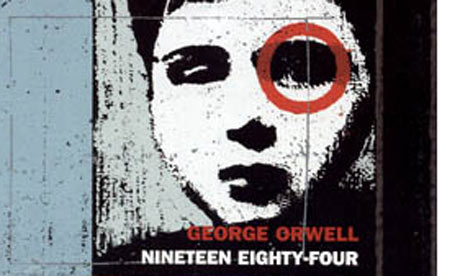
Literature is one of humankind's greatest weapons. Books have the power to transport the reader to a whole new dimension, into a parallel world where fantasy and reality often become entwined as one. They have the power to influence our thoughts and emotions; they reach out to us and leave an impression that will shape our actions in a way that we may not even realise. Fiction has become a way of conveying a message, a means by which serious matters can be brought to light in the mind of a child in a way that continues to satisfy our urge for drama, thrills and romantic escapism.
The Edinburgh International Book Festival event was the perfect way of highlighting the bridge built between literature and human rights. It supplied meaningful debates, tough questioning and the birth of insight into a whole new concept - the idea of using fiction to underline and explore human rights issues for primary and secondary school students.
An expert panel of both authors and teachers came together to give an inspiring and thought-provoking discussion about the role of fiction in educating children about human rights. Each offered their own take on the subject, but all left the audience with the same feeling of enlightenment, with the whole theatre gaining the knowledge that fiction can, and should be used as a key weapon in the fight for awareness of human rights issues for children.
All children read books because they can - in some way - relate to the words on the page. In young children picture books can awaken a sense of empathy, and understanding that certain situations should not exist in a world where everyone deserves equality and should not be denied any of their basic human rights. Even though a message may not be clearly written in black and white, or described vividly through illustration, it should still be able to shape children's thoughts and feelings concerning human rights issues. Fiction can be used to bring teenagers closer to the truth about life and the harsh reality of growing up is portrayed through a story. They can relate to the characters, building imaginary friendship between themselves and the teen protagonist also struggling through hellish teenage life. Serious issues including oppression, segregation and lack of equality are written in a way that allows the teen to develop their own opinions based on reality. Then, under the guidance of teachers and parents they can be urged to step forward and voice their protests using organisations such as Amnesty International to help make a change.
To many young people the issues concerning human rights in their everyday lives are simply overlooked, seen in an abstract manner that does not take priority in the mind of an over-burdened teenager. But fiction is creating a new path for human rights awareness, it's the beginning of a journey where the gripping story is foremost and the deeper message is locked in the background, waiting to be opened and explored by the reader. Children's awareness over human rights issues is being deliberately targeted through literature because fiction is a way of starting a conversation, bringing normally unspoken or controversial subjects to life. The writer is able to take you to the fictitious door of an issue concerning human rights but only opening it a crack; leaving the reader to develop and discover the true and realistic problems facing people worldwide.
The panel at the Edinburgh International Book Festival underlined the fact that reading fiction will show children that one person can make a change. This person may be the author, writing with the intention of creating awareness but, then again this person may be one teenager standing up to injustice and striving to make a difference. Surely we can learn from what we read? Our world needs people to step forward, to realise that globally people are fighting for the simple human rights which some take for granted. In reality one person alone may not be able to change the world like in the happy endings of our favourite novels, but they can act as a catalyst - a trigger which starts off an uncontrollable reaction, a reaction which could change the way we view our entire world. So why not ask yourself this the next time you put down the latest gripping novel you've been reading: how can I make a difference, how can I become the hero?
Find out more about Amnesty's work
If you teach teens and want to find out more, Amnesty has a PDF of resources

